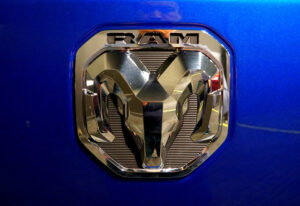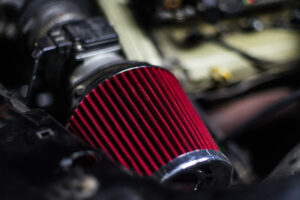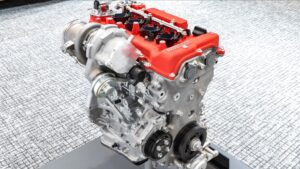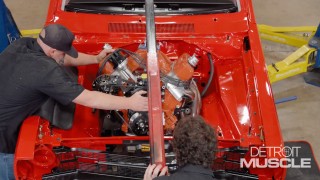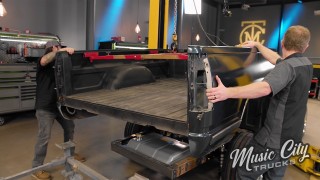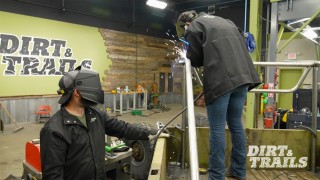Ford Recalls Nearly 700,000 Escape and Bronco Sport SUVs Over Fire Risk

Ford just hit the brakes on nearly 700,000 of its compact SUVs, issuing a major recall that affects 2020–2022 Escape models and 2021–2024 Bronco Sports equipped with the 1.5L EcoBoost engine. Why? A potential fire hazard caused by cracked fuel injectors that could leak gas and spark engine fires.
This isn’t just corporate news—it’s something that could hit your garage. Whether you’re rolling stock or wrenching on a project build, here’s what you need to know.
Table of Contents
Under the Hood: What’s Causing the Issue?
The core issue lies with the fuel injectors. In these affected models, certain injectors may develop cracks over time. When that happens, gasoline can leak into the cylinder head, eventually draining out and potentially landing on hot surfaces in the engine bay. That’s a recipe for fire—and not the good kind.
If you’ve got one of these vehicles and start smelling raw fuel, see smoke, or get a warning light on the dash, don’t blow it off. Ford says only a small percentage of these vehicles are likely to be affected, but even a small leak can lead to major consequences.
What Ford’s Doing About It
Ford is rolling out a two-part response. First, there’s a software update that monitors fuel pressure in real time. If it detects a drop that indicates a leak, the system will trigger a warning and automatically reduce engine power to help minimize risk while you get to safety. That’s not a full fix, but it buys time.
The second step is the hardware fix, which involves upgrading components in the fuel system to address the root cause. Ford is still finalizing that solution, but parts and installation will be provided free of charge when ready.
Letters will start going out to owners soon, and dealerships will begin scheduling service appointments after mid-August.
What You Should Do If You Own One
If you’ve got a Bronco Sport or Escape from those model years with the 1.5L turbo engine, it’s time to pay attention. Don’t wait for your vehicle to show symptoms. Check your VIN and see if it’s affected by this recall. Ford dealers will provide the software update for free, and the eventual hardware fix will also be covered.
This isn’t a backyard mechanic job. Diagnosing and replacing injectors on a modern turbocharged engine can be a serious undertaking. It’s best left to the pros—especially when fire risk is on the line.
A Pattern in the Making?
This marks Ford’s 90th recall in 2025 alone, affecting over 4 million vehicles this year. That’s raising eyebrows across the industry. While some are calling it a sign of poor quality control, others see it as a brand stepping up to take responsibility and prevent something worse from happening.
Say what you will about the frequency of these recalls, but it’s clear Ford isn’t sweeping problems under the rug. That kind of transparency may sting now, but it could pay off in the long run with consumer trust.
What It Means for the Bottom Line
Ford isn’t walking away from this without taking a hit. The company expects to shell out between $570 million and $750 million to handle the issue. That’s a heavy price tag, and it’s likely to dent their Q2 earnings. But it’s a necessary move to keep drivers safe and maintain the brand’s integrity.
Final Thoughts
For gearheads and everyday drivers alike, this recall is a reminder that even modern engineering isn’t immune to failure. But it’s also a reminder of what matters most—safety. Ford’s decision to act aggressively could keep a bad situation from getting worse.
If you’re rolling in a Bronco Sport or an Escape from the affected years, don’t sit on it. Get it checked. Get it fixed. Then get back to what your vehicle was made for—hitting the road with confidence.

